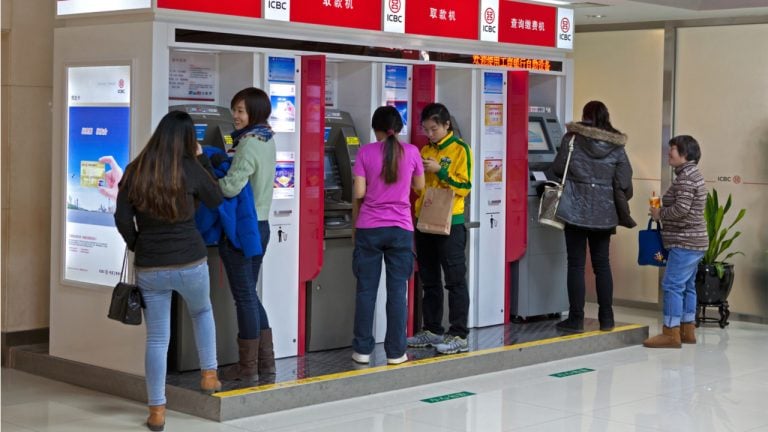
Indian e-commerce giant Flipkart partnered with Polygon-incubated organization eDAO to launch a virtual shopping world in the Metaverse.
Consumers in India are getting more options for a digital shopping experience as major local e-commerce platforms increasingly experiment with blockchain and the Metaverse.
Indian shoppers can try out products from brands like Puma and Nivea in the gamified and interactive metaverse. That is thanks to local e-commerce giant Flipkart launching a metaverse space for consumers to discover products in a photorealistic virtual destination and shop.
Flipkart officially announced the launch of Flipverse on Oct. 17, aiming to bridge the best of the online and offline shopping experience.
Developed in collaboration with Polygon-incubated organization eDAO, Flipverse allows shoppers to create a metaverse avatar to go shopping in a virtual world, intending to bring customers closer to their favorite brands. At the same time, brands will be able to generate and create their metaverse-ready digital twin in the virtual world.
Besides featuring contests and exclusive brand offers, Flipverse will support unique digital collectibles. According to the announcement, Flipverse will feature a wide number of brands, including Puma, Noise, Nivea, Lavie, Tokyo Talkies, Campus and others. The new shopping experience will be available on Flipkart’s newly online shopping platform, FireDrops.
The Flipverse offering is reportedly in the pilot stage and aims to attract interest during this month’s festive season.
According to Naren Ravula, vice president of product strategy of Flipkart Labs, the Metaverse is one of the “significant revolutions” in the development of e-commerce, and it has immense potential. “By providing customers with access to their preferred brands, offers, SuperCoins, and digital collectibles, we are aiming to improve their shopping experiences in a virtual and immersive setting,” Ravula noted.
Polygon co-founder Sandeep Nailwal pointed out that the world has only “just begun to scratch the surface of what’s possible in the metaverse,” and e-commerce is one of the “killer use cases” of the Metaverse.
Related: Totality Corp CEO explains why India is still largely untapped for NFTs
As one of the largest e-commerce platforms in India, Flipkart is known for making some loud cryptic statements on social media. Last year, Flipkart took to Twitter to say that the company would be accepting Bitcoin (BTC) payments, which eventually turned out to be an April Fools’ Day prank.
Flipkart is not the only company in India to experiment with the Metaverse. Indian multinational technology firm Tech Mahindra announced the launch of TechMVerse in February 2022, planning to offer interactive and immersive experiences to customers. As of July 2022, the firm was reportedly working on as many as 60 metaverse projects.






